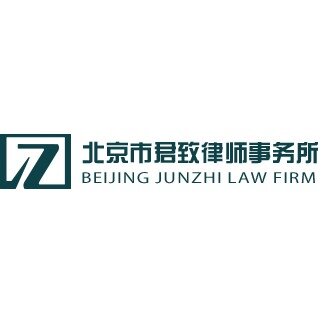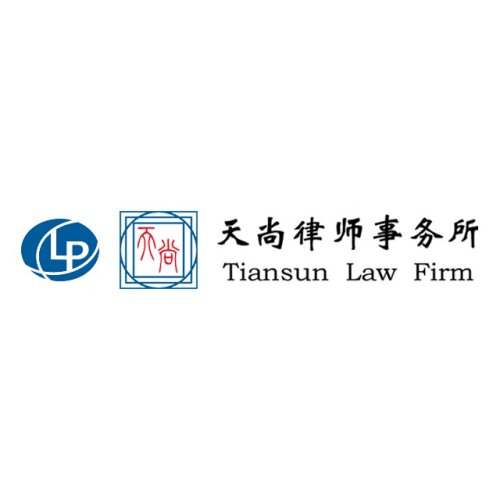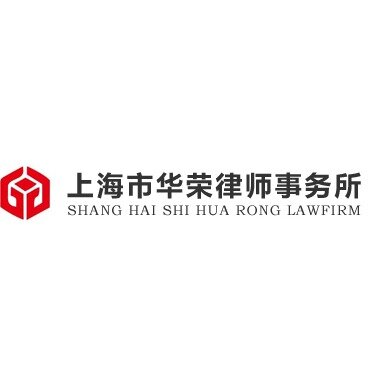Best Retirement Lawyers in China
Share your needs with us, get contacted by law firms.
Free. Takes 2 min.
Or refine your search by selecting a city:
List of the best lawyers in China
About Retirement Law in China
Retirement in China is regulated by a comprehensive set of laws designed to ensure the welfare of the aging population. The retirement system largely operates on a "three-pillar" approach: the basic pension insurance, enterprise annuities, and personal savings plans. The mandatory retirement age is 60 for men, 55 for female civil servants, and 50-55 for women in private enterprises. These parameters are set by the central government but may be subject to regional adjustments. Understanding these regulations is essential for anyone planning their retirement in China or dealing with related legal issues.
Why You May Need a Lawyer
There are several situations where legal assistance might be crucial in the realm of retirement in China:
- Conflicts over pension entitlements between retirees and their former employers or the government.
- Navigating changes and updates in retirement policies and how they affect entitlements.
- Assisting expatriates or foreign nationals living in China with their retirement planning and pension transfer.
- Legal planning for estate management and inheritance which often ties into retirement strategies.
- Guidance through complex pension fund setups or disputes with the insurance company for private retirement plans.
Local Laws Overview
Retirement laws in China include several key aspects:
- Basic Pension Insurance: This social insurance system requires contributions from both employers and employees, offering retirees a monthly pension upon reaching retirement age.
- Enterprise Annuities: Supplementary pensions set up by enterprises, which are voluntary but encouraged by the government, providing added security to employees.
- Mandatory Retirement Age: Defined nationally, subject to regional variations and policy changes intended to address demographic shifts.
- Individual Retirement Accounts: These personal savings contribute to one's retirement fund with potential tax benefits.
- Compliance and Enforcement: Local labor bureaus enforce compliance with these retirement regulations, offering avenues for dispute resolution.
Frequently Asked Questions
What is the current retirement age in China?
The mandatory retirement age is 60 for men, 55 for female civil servants, and between 50 and 55 for women in the private sector, depending on their job type.
Can foreign nationals participate in China's social insurance system?
Yes, foreign employees working in China are generally required to participate in the country's social insurance system, including the pension scheme, unless exempted by a bilateral or multilateral agreement.
How are pension amounts determined?
Pension amounts are calculated based on factors such as the individual's lifetime contributions, the length of contribution periods, and regional standards.
What happens if I work beyond the retirement age?
Working beyond the retirement age is possible, but depending on the arrangement, it may affect your pension eligibility or calculations.
Can expatriates transfer their pension funds out of China?
Transferring pension funds can be complex. It typically depends on international agreements and the policies between China and the expatriate's home country.
What are the rules regarding private pension funds?
Private pension funds, such as enterprise annuities, are voluntary and vary by enterprise, offering supplemental income beyond state pensions.
Who enforces compliance with retirement laws?
Compliance is primarily enforced by local labor bureaus that handle disputes and oversee the implementation of retirement regulations.
What is the impact of regional policies on retirement?
While the national government sets the framework, regional governments can implement specific policies and incentives to adapt to local needs.
Are there tax implications for retirement income?
Yes, retirement income can be subject to taxation, and the specific implications vary based on the type of pension and other income sources.
How do recent policy changes affect retirement planning?
Recent policy changes aimed at addressing demographic shifts can influence retirement ages, pension calculations, and incentives, requiring updated planning strategies.
Additional Resources
For further assistance, consider these resources:
- Ministry of Human Resources and Social Security: Provides comprehensive information on national policies and local branches.
- Local Labor Bureaus: Handle disputes and enforce compliance with local variations in retirement law.
- China Social Insurance Association: An organization that offers guidance and represents the interests of insured parties.
- Legal Aid Clinics: Offer pro bono services to those needing legal guidance on retirement issues.
Next Steps
If you seek legal assistance for retirement-related issues in China, consider these steps:
- Identify Your Needs: Determine the specific legal issue you face, such as pension disputes or policy guidance.
- Consult with Experts: Contact lawyers specializing in labor law or retirement issues to get professional advice.
- Use Local Resources: Reach out to local labor bureaus or legal aid clinics for initial support and guidance.
- Document Everything: Keep thorough records of your employment history, contributions, and communications related to your retirement to facilitate the legal process.
- Stay Informed: Regularly check for updates on retirement laws and policies that could affect your planning.
Lawzana helps you find the best lawyers and law firms in China through a curated and pre-screened list of qualified legal professionals. Our platform offers rankings and detailed profiles of attorneys and law firms, allowing you to compare based on practice areas, including Retirement, experience, and client feedback.
Each profile includes a description of the firm's areas of practice, client reviews, team members and partners, year of establishment, spoken languages, office locations, contact information, social media presence, and any published articles or resources. Most firms on our platform speak English and are experienced in both local and international legal matters.
Get a quote from top-rated law firms in China — quickly, securely, and without unnecessary hassle.
Disclaimer:
The information provided on this page is for general informational purposes only and does not constitute legal advice. While we strive to ensure the accuracy and relevance of the content, legal information may change over time, and interpretations of the law can vary. You should always consult with a qualified legal professional for advice specific to your situation.
We disclaim all liability for actions taken or not taken based on the content of this page. If you believe any information is incorrect or outdated, please contact us, and we will review and update it where appropriate.
Browse retirement law firms by city in China
Refine your search by selecting a city.















